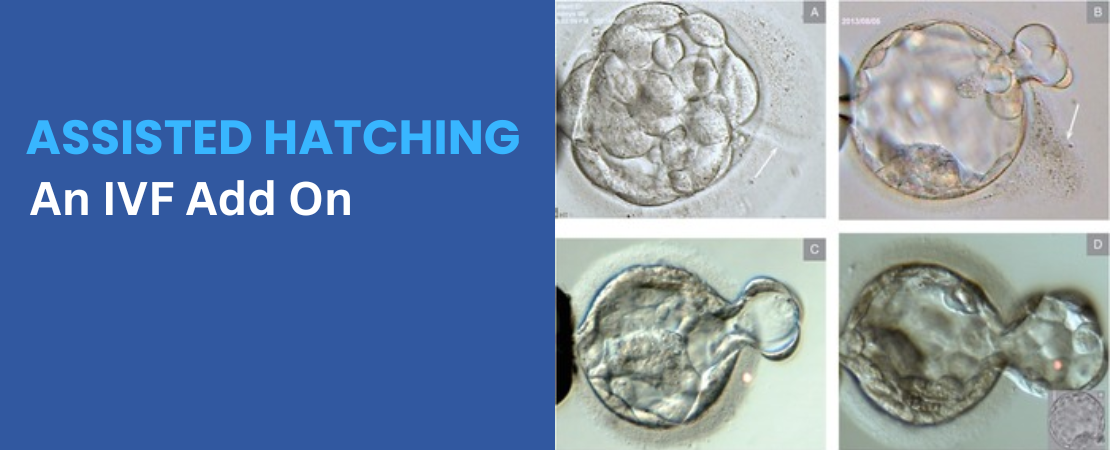Best Practices Followed by Fertility Clinics to Achieve High IUI Success Rates
Intrauterine insemination (IUI) is a widely used fertility treatment that enhances the chances of pregnancy by placing sperm directly into the uterus. However, success rates vary based on medical protocols, patient factors, and clinic expertise. Leading fertility clinics follow best practices to optimize IUI success rates and improve outcomes for couples struggling with infertility. Understanding the best clinical practices for IUI success can help patients make informed decisions about their fertility journey and increase their chances of a positive outcome.
1. Careful Patient Selection
Couples undergoing intrauterine insemination should be aware that best clinical practices for IUI success involve comprehensive fertility assessments.
Identifying Ideal Candidates
- Women with unexplained infertility or mild male factor infertility benefit the most from IUI.
- Patients with blocked fallopian tubes, severe endometriosis, or poor ovarian reserve may be advised to consider IVF instead.
Pre-Treatment Evaluation
- Semen Analysis: Ensures sperm quality and motility are sufficient for IUI.
- Ovulation Monitoring: Identifies the best time for insemination.
- Hormone Testing: Checks for AMH, FSH, LH, and progesterone levels to assess ovarian function.
- Ultrasound Scans: Detects any structural abnormalities in the uterus or ovaries.
2. Optimizing Ovulation Timing
Tracking Ovulation Accurately
- Clinics use transvaginal ultrasounds and LH surge testing to pinpoint the best time for insemination.
- IUI is typically performed 24-36 hours after ovulation trigger injection (hCG or GnRH).
Using Ovulation Induction for Better Results
- Natural Cycle IUI: Suitable for women who ovulate regularly.
- Medicated IUI Cycle: Clomid, Letrozole, or gonadotropins may be used to stimulate ovulation and improve egg quality.
- Monitoring Follicular Growth: Ensures the optimal number of mature follicles before proceeding with insemination.
3. Using High-Quality Sperm Preparation Techniques
While accurate ovulation tracking is very important for IUI success, best clinical practices for IUI success also include optimizing Andrology protocols for optimal results. This includes proper sperm preparation, proper sperm selection, and well-timed insemination to maximize the chances of conception.
Semen Sample Collection: Adhering to WHO guidelines while collecting semen samples is essential best clinical practice. A semen sample is collected, typically in a sterile container, after a period of abstinence (2-5 days). The sample is processed within 30 minutes of collection.
Sperm Washing and Preparation:
Clinics perform sperm washing to separate motile sperm from debris and dead cells, improving fertilization chances.
Sperm Selection for Poor Sperm Quality
Adopting the right Semen preparation techniques for intrauterine insemination helps improve the chances of successful outcome. Methods like density gradient centrifugation and swim-up techniques are used to select the most active and healthy sperm.
In cases of low sperm count or motility, sperm enhancement techniques like Density Gradient Centrifugation help identify the best sperm for insemination. This method further separates sperm based on their density, allowing for the selection of motile and healthy sperm.
4. Performing IUI at the Right Time
Proper Timing of Insemination
- Single vs. Double IUI: Some clinics perform double insemination (12 and 36 hours after LH surge) for higher success rates.
- Fresh vs. Frozen Sperm: Fresh sperm is generally preferred, but frozen sperm may be used in donor or male infertility cases.
Using Ultrasound-Guided IUI
- Some clinics perform ultrasound-guided insemination to place sperm at the optimal location in the uterus, improving implantation rates.
5. Ensuring Uterine Receptivity
Endometrial Thickness Monitoring
- A lining of at least 7-8 mm is considered ideal for implantation.
- Clinics may prescribe estrogen supplements or G-CSF therapy for patients with thin endometrial lining.
Luteal Phase Support
- After IUI, progesterone supplementation (oral, vaginal, or injectable) is often provided to support implantation and early pregnancy.
6. Minimizing Stress and Lifestyle Factors
Fertility specialists emphasize that following best clinical practices for IUI success, such as using fertility medications and maintaining a healthy lifestyle, can significantly improve outcomes.
Nutritional and Lifestyle Counseling
- Healthy BMI is encouraged to improve hormone balance.
- Patients are advised to reduce caffeine and alcohol intake, quit smoking, and follow a fertility-friendly diet.
Reducing Stress and Anxiety
- Clinics often recommend acupuncture, yoga, or counseling to reduce stress, which can impact fertility.
7. Offering Adjunct Therapies for Difficult Cases
Adjunct therapies are IVF add-ons that aim to address specific issues and help improve treatment outcomes. There are several Add-ons that can be considered on a case-by-case basis and you can explore Add-ons in IVF. Other than this, another option that is usually suggested is using Donor Sperm or Donor Egg in cases of severe male or female infertility. Clinics offer donor sperm or egg IUI cycles for better outcomes.
8. Monitoring and Personalized Follow-Up Care
Post-IUI Monitoring
- Progesterone levels are checked after ovulation to ensure hormonal support.
- Beta-hCG testing is done 14 days after IUI to confirm pregnancy.
Adjusting Treatment Plans
- If 3-4 unsuccessful IUI cycles occur, clinics recommend switching to IVF for higher success rates.
Conclusion
Fertility clinics follow scientific, evidence-based protocols to maximize IUI success rates. By carefully selecting patients, optimizing ovulation timing, using advanced sperm preparation techniques, ensuring uterine receptivity, and providing post-IUI support, clinics enhance the chances of conception.
For couples considering IUI, choosing a highly experienced clinic with a strong track record of success can make a significant difference in achieving pregnancy.
Would you like recommendations on top IUI clinics in India or success rate comparisons?

